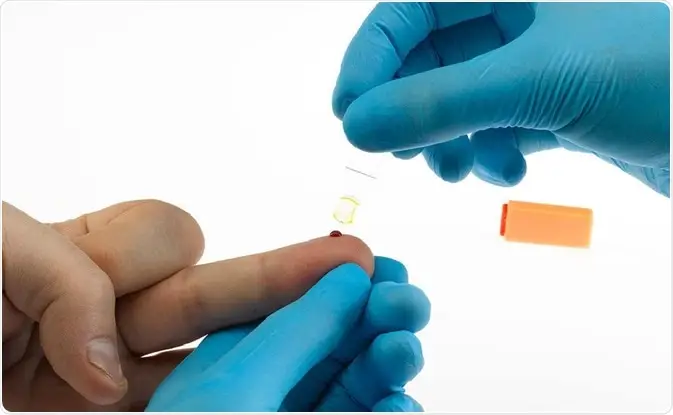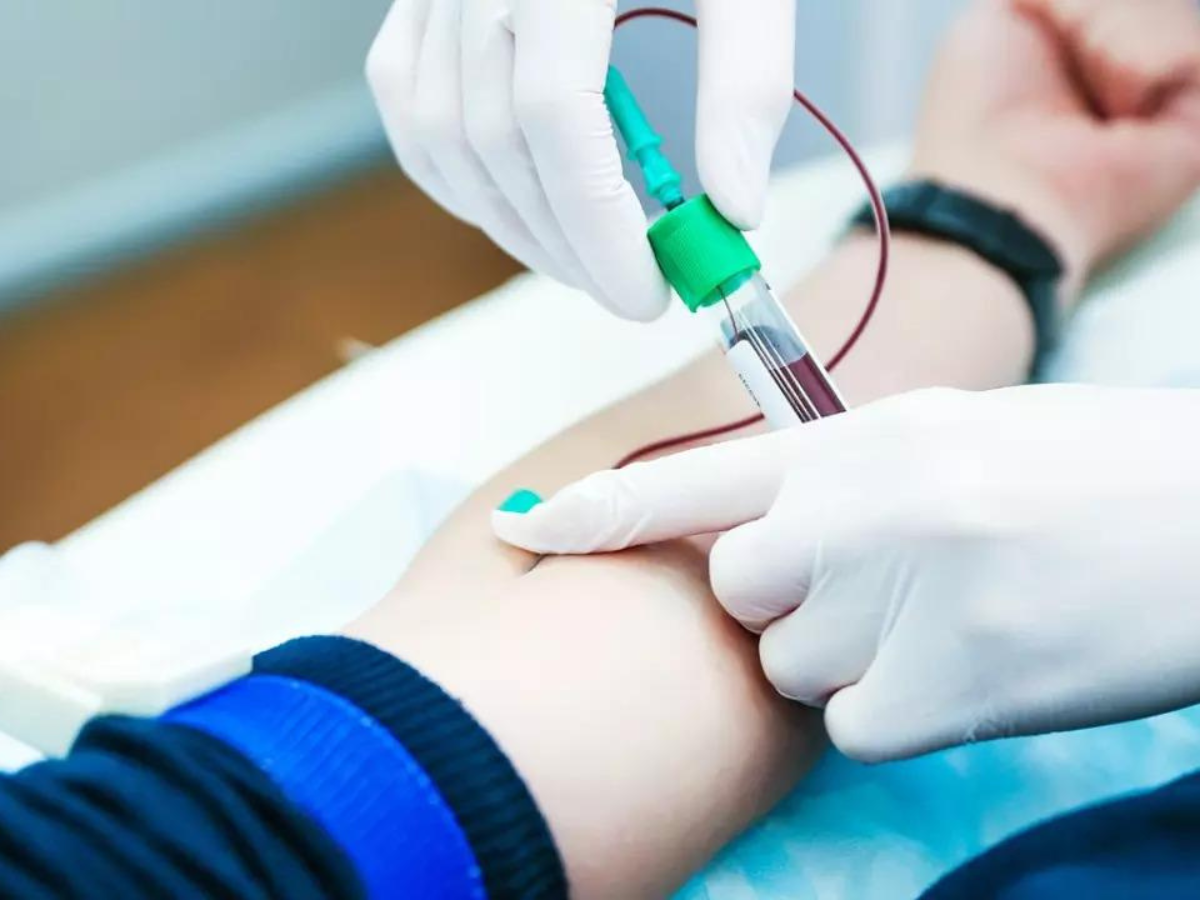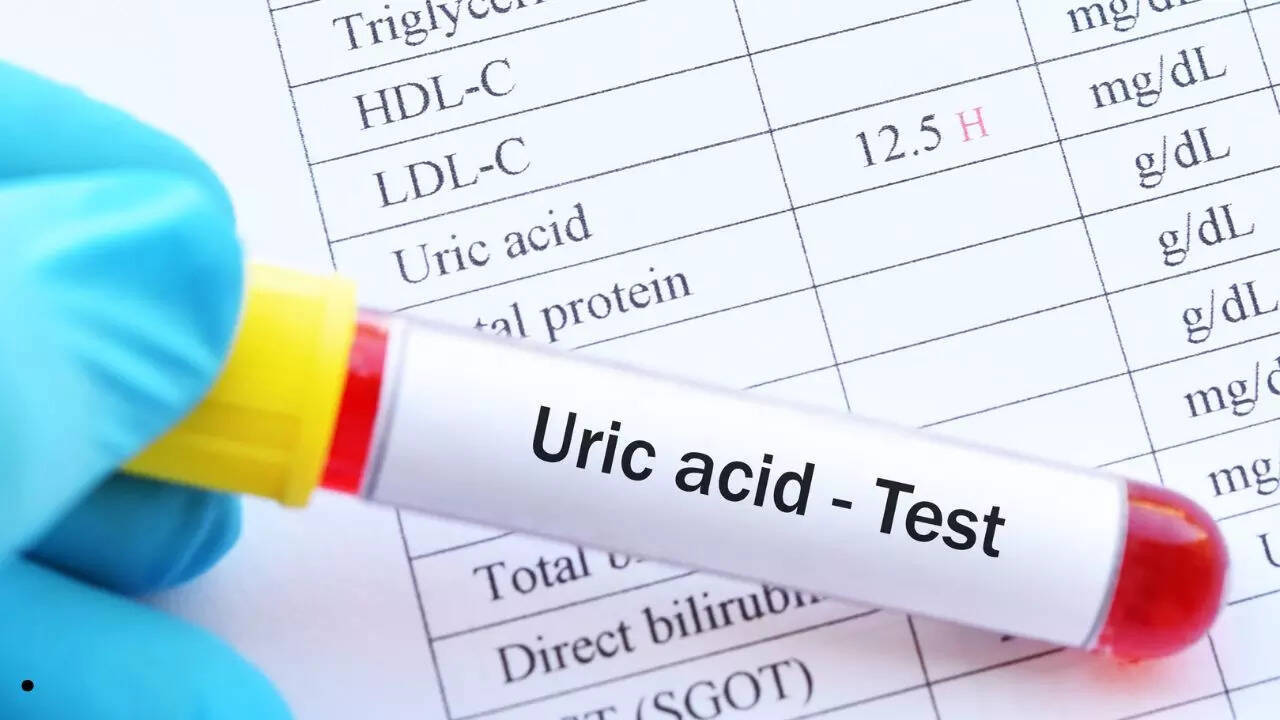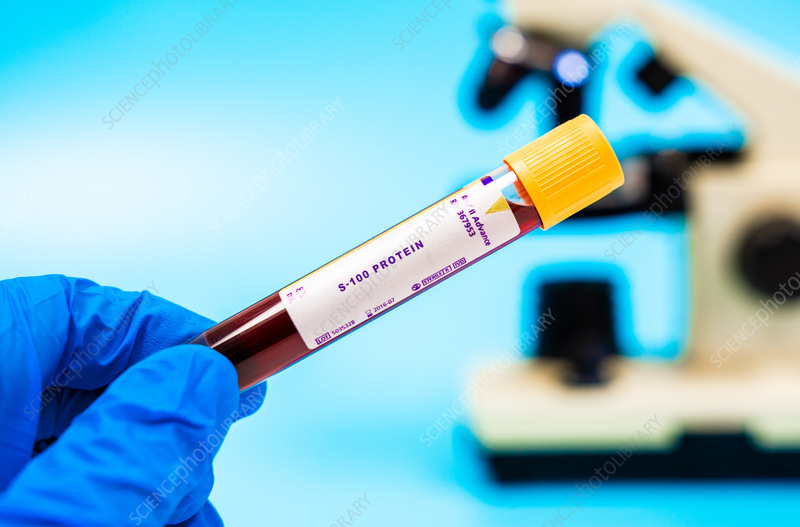The number of Indian women and children suffering from anemia is high according to the National Family Health Survey 2019-20. Anemia is a condition with lower-than-normal number of red blood cells or hemoglobin quantity.
Table of Contents
Causes of anemia:
The common cause of anemia is diet without iron, folic acid or Vitamin B12. Other reasons could be pregnancy, blood disorders, heavy periods, cancer and inherited disorders.
Iron deficiency is higher among women as compared to men, because of the menstrual iron loss and the need of iron for the growing foetus during pregnancy. Also, doctors believe that the lack of millets, overdependence on rice and wheat, lack of green and leafy vegetables in the diet is a prominent reason.
Our food habits have changed too, we are consuming more of processed and package foods that have low nutritional levels, which is quite a contributor to high prevalence of anemia in India.
How will you be able to determine the level of hemoglobin?
Well, you need to have a hemoglobin test.
What is a hemoglobin test?
This test measures the hemoglobin level in your blood. Hemoglobin is a protein in your red blood cells carrying oxygen from your lungs to the entire body. It is the most vital function in your body because, if the hemoglobin level is abnormal, it signifies that you suffer from a blood disorder. Low hemoglobin levels mean, your body is not getting adequate oxygen supply leading to fatigue and weakness.
Red blood cells get produced in your bone marrow. When hemoglobin is low it means that your bone marrow is not producing adequate amount of red blood cells. Alternatively, it means that cells are getting destroyed faster than they are being produced.
Also, heavy blood loss leads to low hemoglobin levels and is a common cause of anemia.
Hemoglobin level is part of the CBC or complete blood count. When you have a routine full body health checkup get a hemoglobin test done, it is an imperative and important even if you don’t have any symptoms.
Hemogram or CBC Test in Pune – Read More
Sometimes your doctor will advise you to go for a hemoglobin test for specific reasons or symptoms such as:
- Dizziness
- Fatigue
- Low energy
- Weakness
- Weight loss
- Blood in the urine
- Severe trauma
- Excessive vomiting
- Jaundice
You may have to regularly get hemoglobin test done to monitor a medical illness that impacts the hemoglobin level:
- Cancer
- Kidney disease
- Autoimmune diseases
- Thalassemia
- Iron deficiency that usually causes blood loss
- Deficient Vitamin B12 or folic acid.
The increase in red blood cells in the body causing excess hemoglobin has to be monitored too. Excess of red blood cells causes blood thickening and sluggishness so blood doesn’t flow quickly depriving your organs of adequate blood supply.
Conditions that result in excess red blood cells in your body are as follows:
- Congenital heart defects
- Chronic pulmonary obstructive diseases – COPD and pulmonary fibrosis.
- Polycythemia vera
Symptoms of excessive red blood cells include:
- Blood clots
- Dizziness
- Headaches
- Blurred vision
- Itching
Is fasting necessary for a Hemoglobin test?
While getting the hemoglobin test, no adjustments in the diet are needed. If you are going for any other blood test at the same time then consult your healthcare provider and ensure if you need to fast for around 8 to 12 hours.
When you connect with the Sunrise Diagnostic team they will also guide you so that you will be at ease during the tests. You will be in safe hands because we are one of the best diagnostic centers in Pune.
How To Increase Hemoglobin In A Week?– Also Read
Test procedure:
- Your healthcare provider will ask you to sit in a chair and choose the arm you prefer for the test.
- A vein from which to collect blood will be found.
- The tourniquet will be tied above the vein.
- That area where the vein is found will be cleaned and a small needle will be inserted into your vein.
- Blood will be collected in a tube.
- You might feel a small poke, mild pain, or discomfort.
- After this, the tourniquet will be removed before removing the needle from your arm.
- A gauze will be held over the puncture site to stop bleeding and a bandage will be applied.
- This will require not more than 5 to 7 minutes.
A full body checkup includes a hemoglobin test as well. Rely on Sunrise Diagnostic for the best health checkup packages in Pune. We pride ourselves on an expert team that will guide and assist you.
Be rest assured that you are in safe hands.
Frequently Asked Questions (FAQs)
1. What is a hemoglobin test and why is it important?
A hemoglobin test measures the amount of hemoglobin in your blood. It helps detect anemia, iron deficiency, and other blood disorders early for proper treatment.
2. What are the normal hemoglobin levels?
Normal hemoglobin levels are around 13–17 g/dL for men and 12–15 g/dL for women. Levels below this indicate anemia or nutritional deficiency.
3. What causes low hemoglobin levels?
Low hemoglobin is commonly caused by iron deficiency, Vitamin B12 deficiency, folic acid deficiency, blood loss, pregnancy, or chronic diseases.
4. What are the symptoms of low hemoglobin?
Common symptoms include fatigue, dizziness, weakness, pale skin, low energy, and shortness of breath.
5. Is fasting required before a hemoglobin test?
No, fasting is not required for a hemoglobin test. However, if combined with other blood tests, your doctor may advise 8–12 hours of fasting.
6. How is a hemoglobin test performed?
A small blood sample is taken from a vein in your arm. The procedure is quick, safe, and usually takes 5–7 minutes.
7. How can I increase my hemoglobin naturally?
Include iron-rich foods like spinach, beetroot, dates, jaggery, leafy vegetables, and Vitamin B12-rich foods. Supplements may be recommended by your doctor.
8. Where can I get a hemoglobin test in Pune?
You can get an accurate and reliable hemoglobin test at Sunrise Diagnostic Centre, Pune, known for advanced testing and expert care.

Dr. Karishma Shinde, B.H.M.S (MUHS Nashik) PGD, EMS (RHC Pune and the Director of Sunrise diagnostics Centre along with her team works with a vision of rendering care for the happiness of humankind and freedom from illness.





